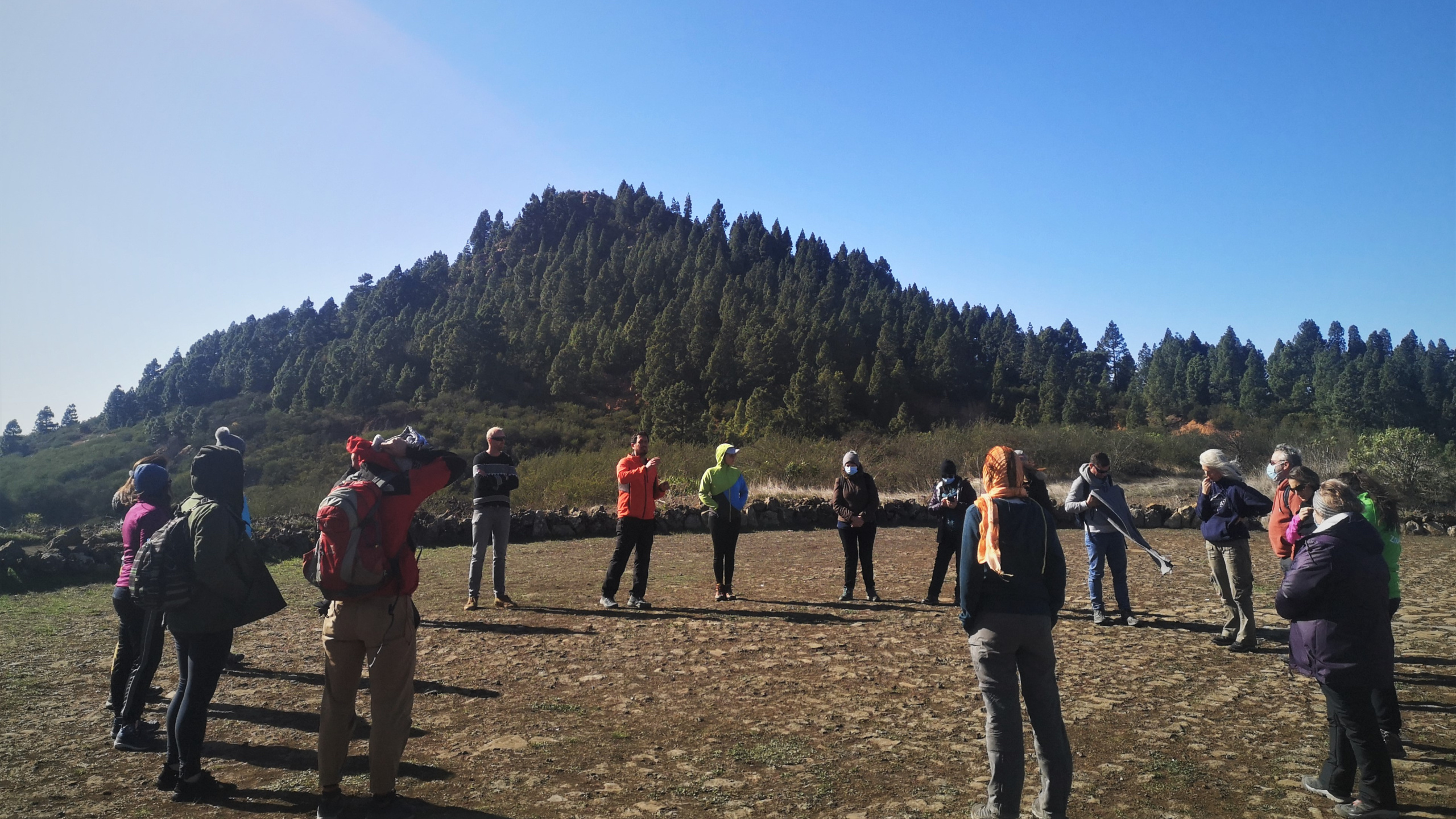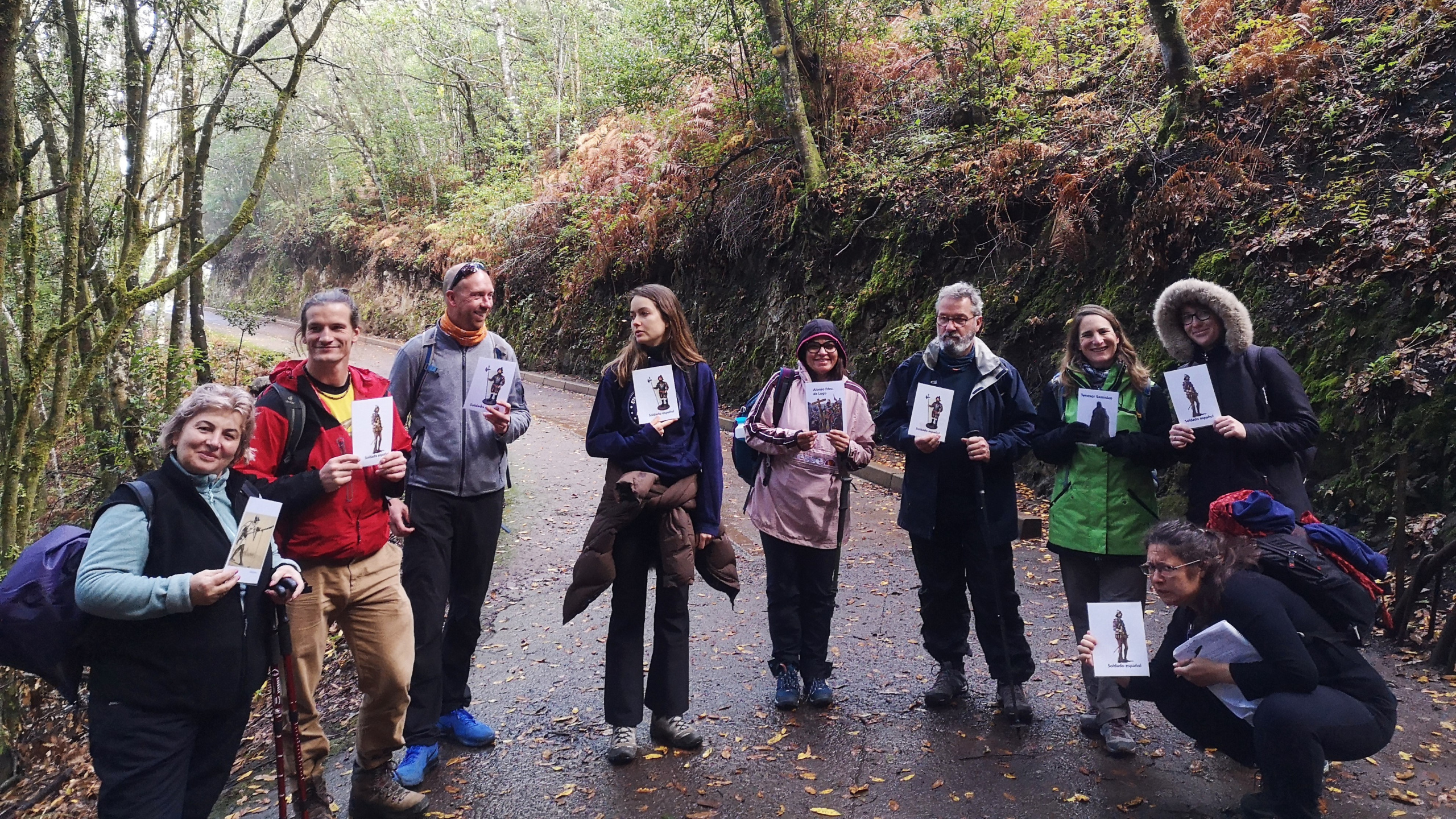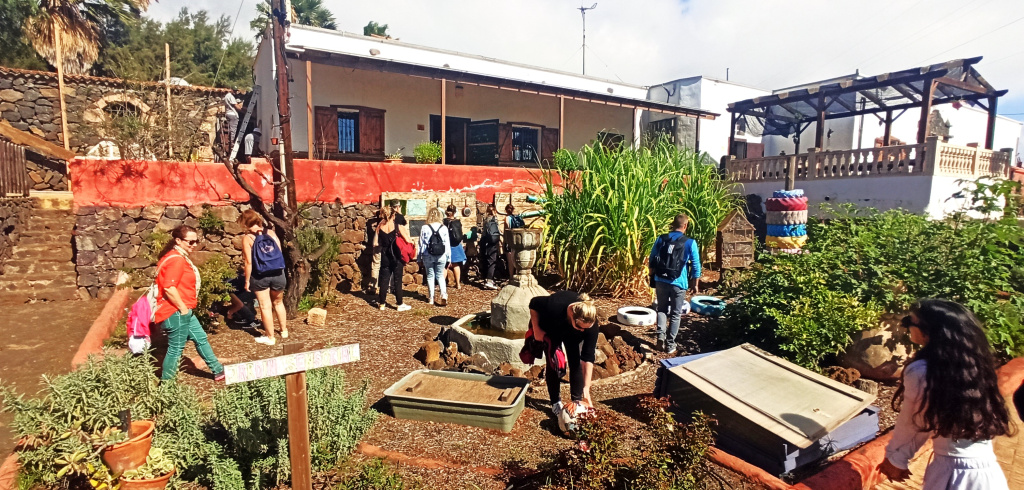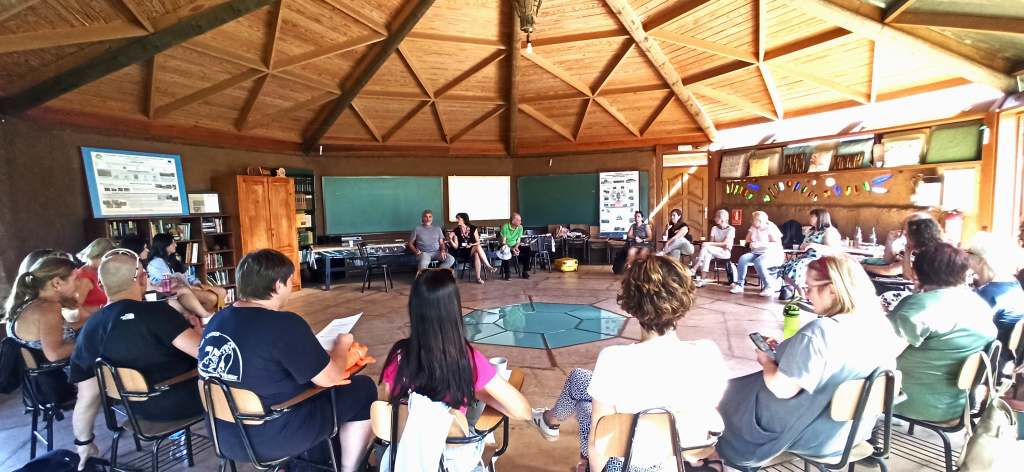Acquire the skills to use outdoor education for promoting social inclusion and environmental values, both key priorities of Erasmus+. Engage in outdoor education activities to personally experience and learn methods for teaching the importance of preserving nature and its biodiversity. Gain insights into utilizing sustainability as a tool for fostering social inclusion.

This course is based on the approaches that latest scientific research indicates to be efficient in environmental education.
We will guide you in discovering, through hands-on experience, diverse methods of outdoor education aimed at fostering environmentally and socially sustainable and responsible behaviors.
You will visit two organisations with expertise spanning 25-30 years in garden-based learning, permaculture and sustainable farming targeted to learners with fewer opportunities as well as to the broader public of all age groups.
Competences to be acquired:
- Skills on using outdoor methods to promote environmental and social values
- New knowledge about outdoor education, nature-based learning and garden-based learning.
- New knowledge about ecological gardens, sustainable farming and permaculture philosophy.
- New insights about the social and therapeutic benefits of gardening and nature.
- New skills on how to promote action to reduce or compensate for the environmental footprint.
- Skills for implementing experiential and active learning methods in outdoor environments.
Target audience
Adult education trainers, teachers (pre-school, primary, secondary, vocational, adult education centers), teachers trainers, school leaders and other school staff and professional workers that work with learners from disadvantaged backgrounds.
Training activities:
Day 1 – New approaches to environmental education
- Fun exercises to build group cohesion
- Science-based approaches to teach about climate change.
Day 2 – Treasure hunt in the Anaga forest
- Creative outdoor education techniques
- Creativity in game-based learning, gamification and heritage interpretation
- Treasure hunt. Environmental Yincana Techniques

Day 3 – Activities at an Eco-farm
- Using outdoor education and sustainability as tools for social inclusion.
- The therapeutic benefits of nature for learners with fewer opportunities

Day 4 – Outdoor games to promote social inclusion
- Outdoor tools to promote team building, sense of belonging to the group and tolerance to diversity.
- Optional: Field trip in Teide National Park with view to the sea and the 3700m Teide Volcano. Sustainable tourism. The potential of legends and drama in outdoor teaching. Using stargazing as an educational tool.
Day 5 – Permaculture and sustainable farming
- Garden-based learning in groups.
- Final evaluation.

Methodology
We tailor our working methods based upon the participants‘ needs and professional profiles in order to ensure easier adaptability and application of the tools to the real life.
Our standard methodology is based on active learning and it is highly participative and practical. We have a hands on approach that comprises group exercises, role plays, experiments, case studies and simulation exercises. We use collaborative learning techniques to foster the exchange of good practices and collective learning.
The pedagogical methods used in this training course are based on outdoor education, nature-based learning, garden-based learning, non-formal education, experiential learning and learning by doing. Our focus is on showing the participants how the learners’ motivation increases when they become the actors of their own learning because the teacher takes the role of facilitator or learning guide. Thus, the participants get the chance to experience on themselves the benefits of the active learning methodology at the same time as learning how to apply it in their work.
Energizers, games and group dynamics are foreseen daily in order to ensure a positive energy and a cooperative learning climate in the group.
Group reflections and daily brief feedback sessions are planned to help adapting the learning programme to the specific needs of the participants.
Certification and validation of learning outcomes
- Certificates of attendance
- Support with the Europass mobility certificates – to be issued by the applicant’s National Agency
Upon request, we also provide educational centers with additional documents that are required to certify the presence to the course and the competences learned. For example, we provide photos of the training course that can be used for dissemination purposes.
Pre-register to our course!
